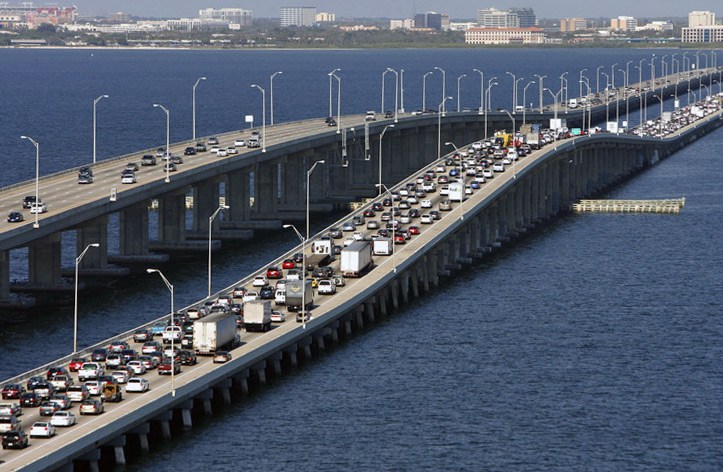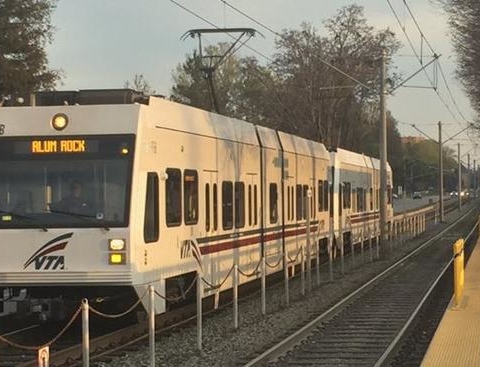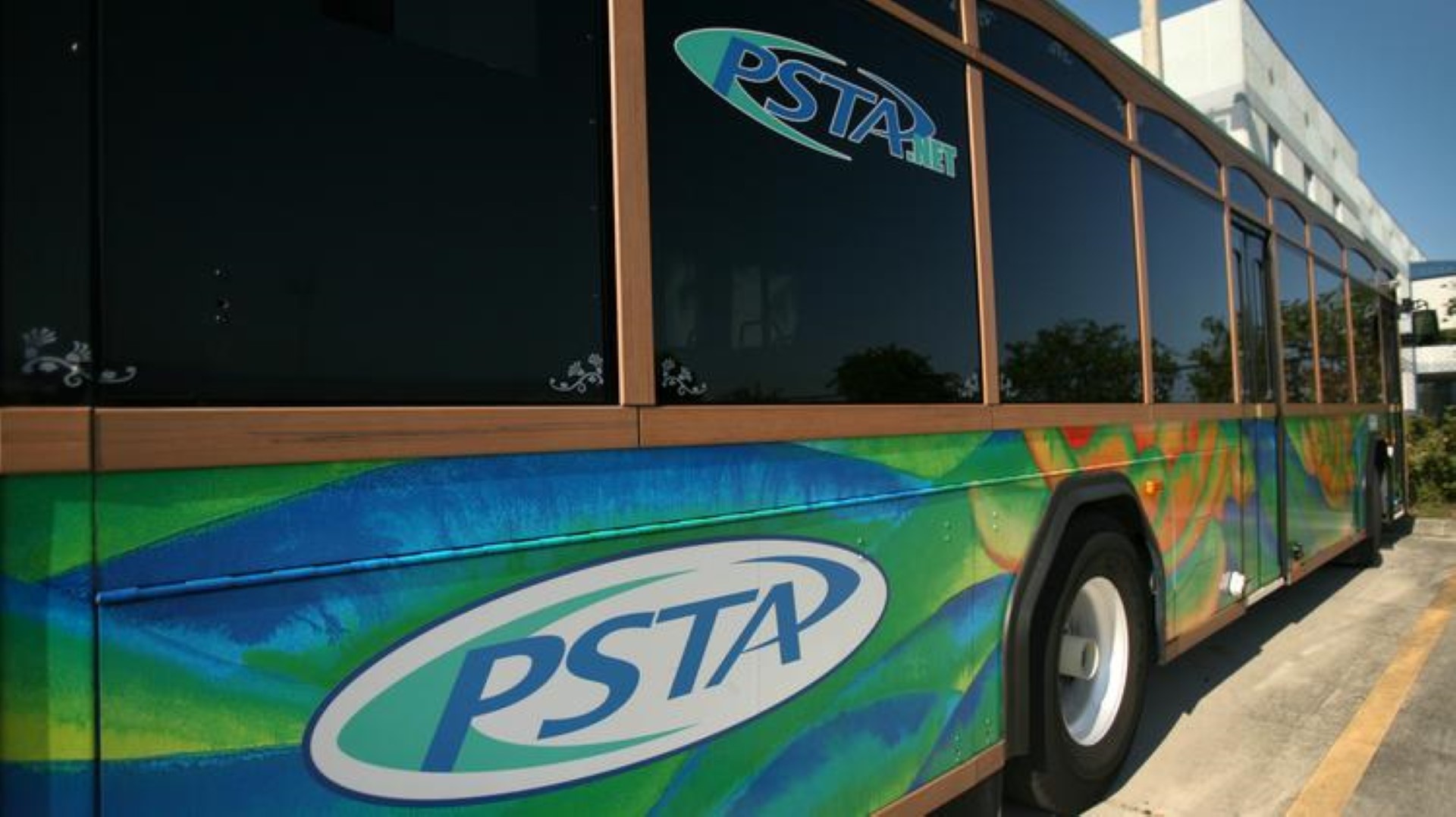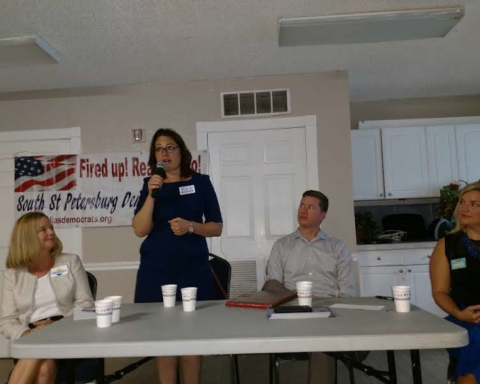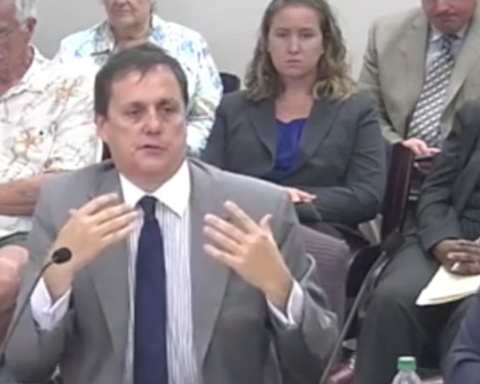There are no easy answers to improve transit in the Tampa Bay area, at least for now.
But that could change soon as officials behind a much-hyped regional transit feasibility study — set for completion early next week — will begin the first of three community workshops in Pasco and Hillsborough counties to gather community input.
These workshops will offer the public an opportunity to review the region’s five best-performing transit connections and how they were identified. They will also give a chance for residents to offer ideas and comments on the types of transit — express bus, bus rapid transit, automated guideway transit, light rail or commuter rail — that would work best with each connection.
Open-house-style workshops are the next step in moving toward a regional transit plan with “catalyst” transit projects to jump-start efforts for better regional transportation options.
Before these workshops, the public has offered comments on the plan through a variety of outlets: the project website, an online survey and small group meetings.
“Our goal with this plan is to identify a regional transit vision for Tampa Bay that can be implemented and includes ‘catalyst’ projects,” said Katharine Eagan, chief executive officer of Hillsborough Area Regional Transit Authority (HART), the agency administering the plan. “Taking the work that’s been done so far directly to the public with these community workshops is a key part of achieving that goal.”
HART’s plan defines the Tampa Bay region as the urbanized areas of Hillsborough, Pasco and Pinellas Counties. Funded by the Florida Department of Transportation (FDOT), a number of local governments and agencies support the proposal, including Hillsborough, Pasco, and Pinellas counties and their respective transit agencies, HART, PCPT and PSTA.
A draft of the plan should be ready by January 2018. After that, the team will spend the next eight months vetting the proposal with the community through review and revision. During that time, all aspects of the plan will be available for public comment and feedback.
The final implementation will be identified by October 2018, as well as proposed “catalyst” projects. It will be the culmination of a two-year planning process that began in the fall of 2016. After that, the region will begin coordinating with both the Federal Transit Administration and the Florida Department of Transportation to (hopefully) receive federal and state money to help pay for a part of the project.
The top five connections — as decided through the Step One technical analysis — are (in no particular order):
— Westshore to Brandon
— Downtown Tampa to University of South Florida (USF)
— Wesley Chapel to USF, Tampa and St. Petersburg
— Clearwater, Gateway to St. Petersburg
— South Tampa to Downtown Tampa connection
That first workshop takes place Tuesday, Aug. 22, at the Residence Inn Tampa Suncoast Parkway in Lutz at 5:30 p.m.
The Tampa Bay History Center will host another meeting Thursday, Aug. 24, at 5:30 p.m. The Pinellas Suncoast Transit Authority will host a third and final meeting Tuesday, Aug. 29 at 5:30 p.m. at their offices in St. Petersburg.

